Middle school curricula
Browse the engaging offerings that enable you and your middle school students to explore computer science together.
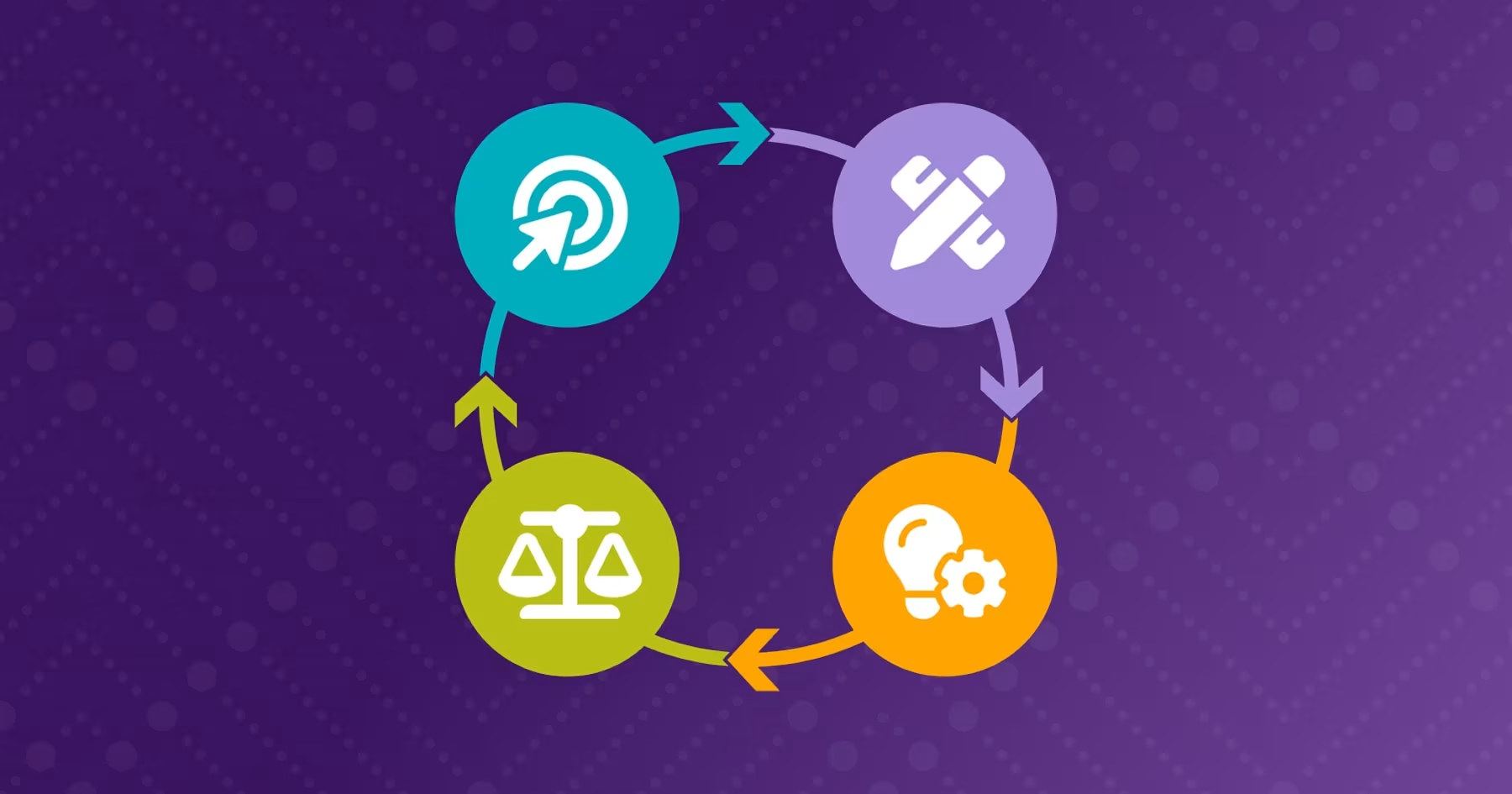
Grades 6-10
Computer Science Discoveries
Code.org's most flexible course, allowing each unit to be taught alone, combined into collections that focus on specific areas, or as a full year course. The free curriculum introduces students to building their own websites, apps, animations, games, and physical computing systems.
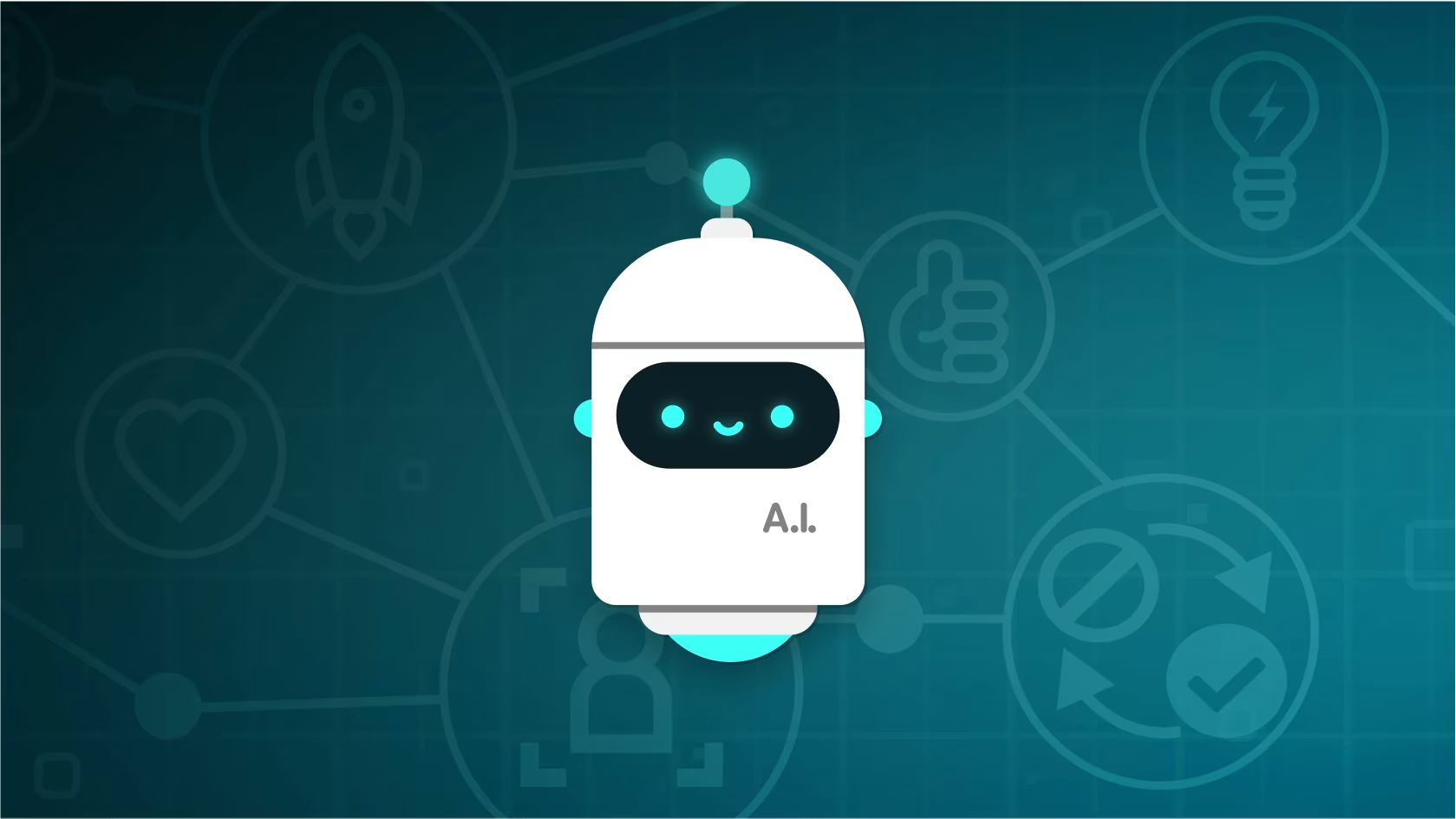
Grades: 3-12
Artificial Intelligence (AI)
Explore how artificial intelligence (AI) is shaping our world with classroom-ready resources for grades 3–12. Access engaging free curricula, real-world integrations, videos, and tools that help demystify AI and show how it’s transforming the way we live, work, and learn.
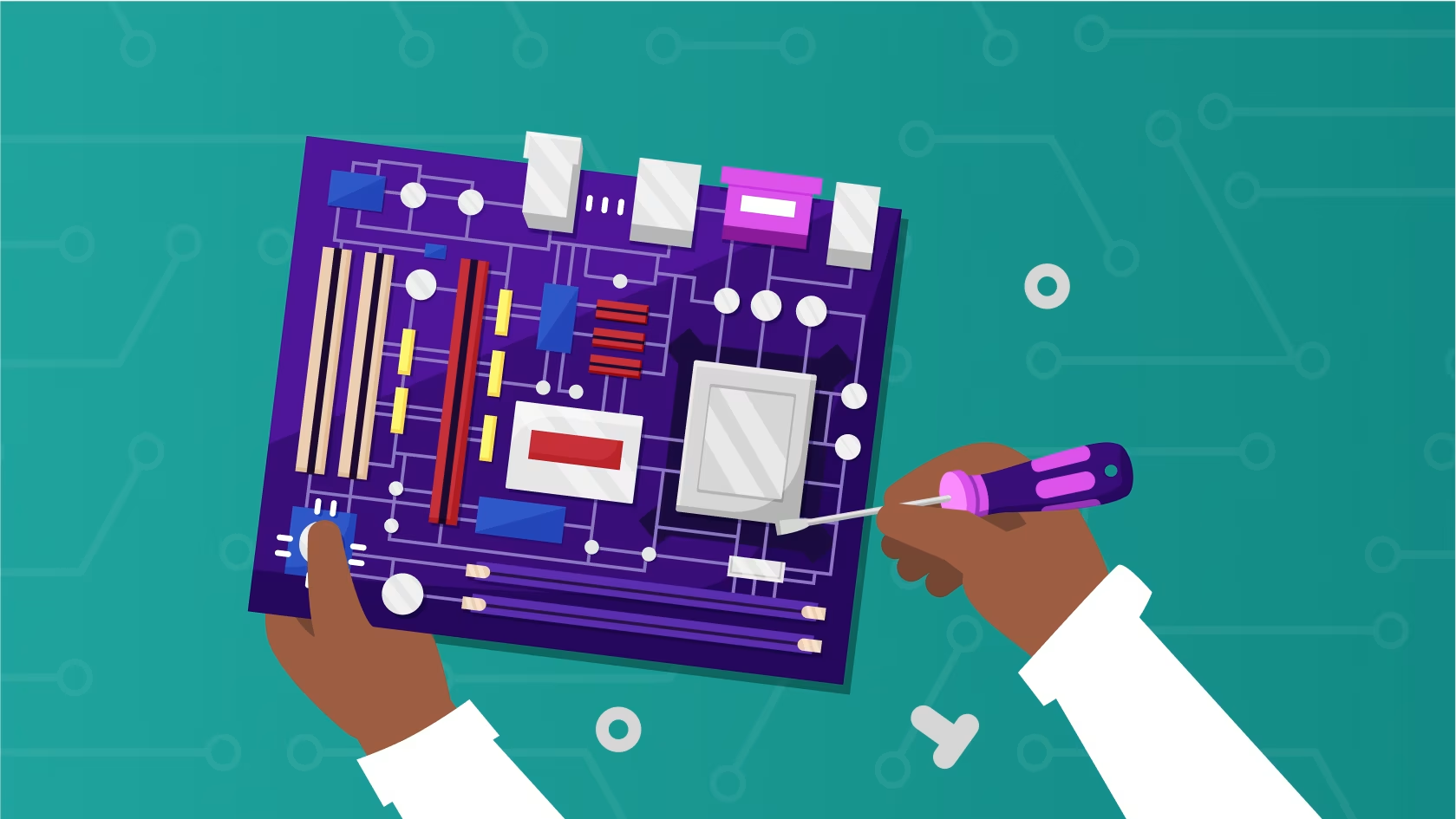
GRADES 3-12
Maker Curricula
Code.org's free maker education takes STEM (Science, Technology, Engineering, Mathematics) a step further by inviting hands-on experience and collaboration into the classroom to help teach problem solving and critical thinking.
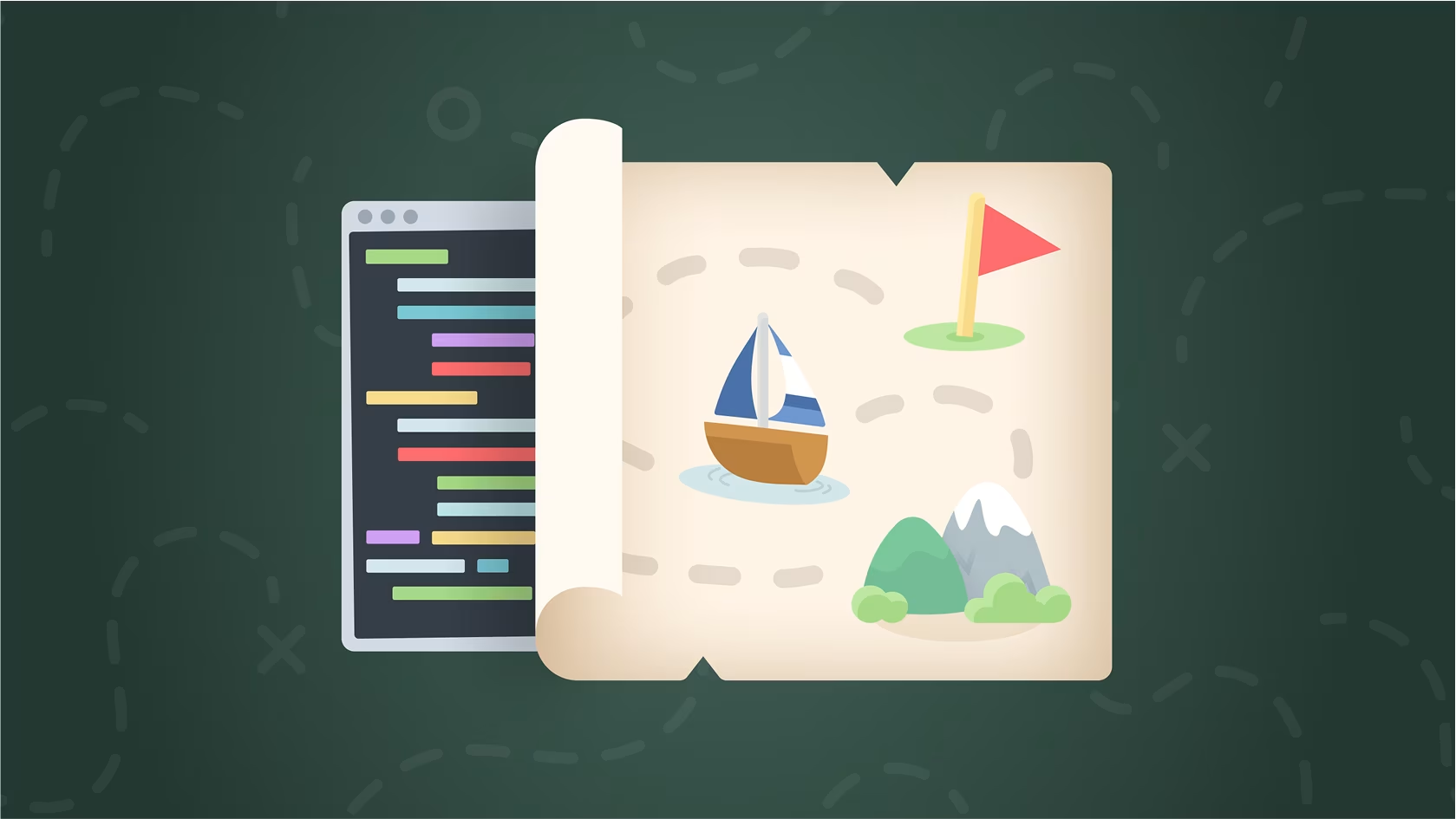
Grades 3-12
Game Design Curricula
Discover the exciting world of game design with Code.org's free curriculum. Our game design units foster creativity, problem-solving, and critical thinking skills, empowering students to bring their own interactive experiences to life.
Additional resources
Paragraph
Curriculum Catalog

Comprehensive curriculum offerings for every grade and experience level featuring robust structured and self-paced learning options.
Professional Learning
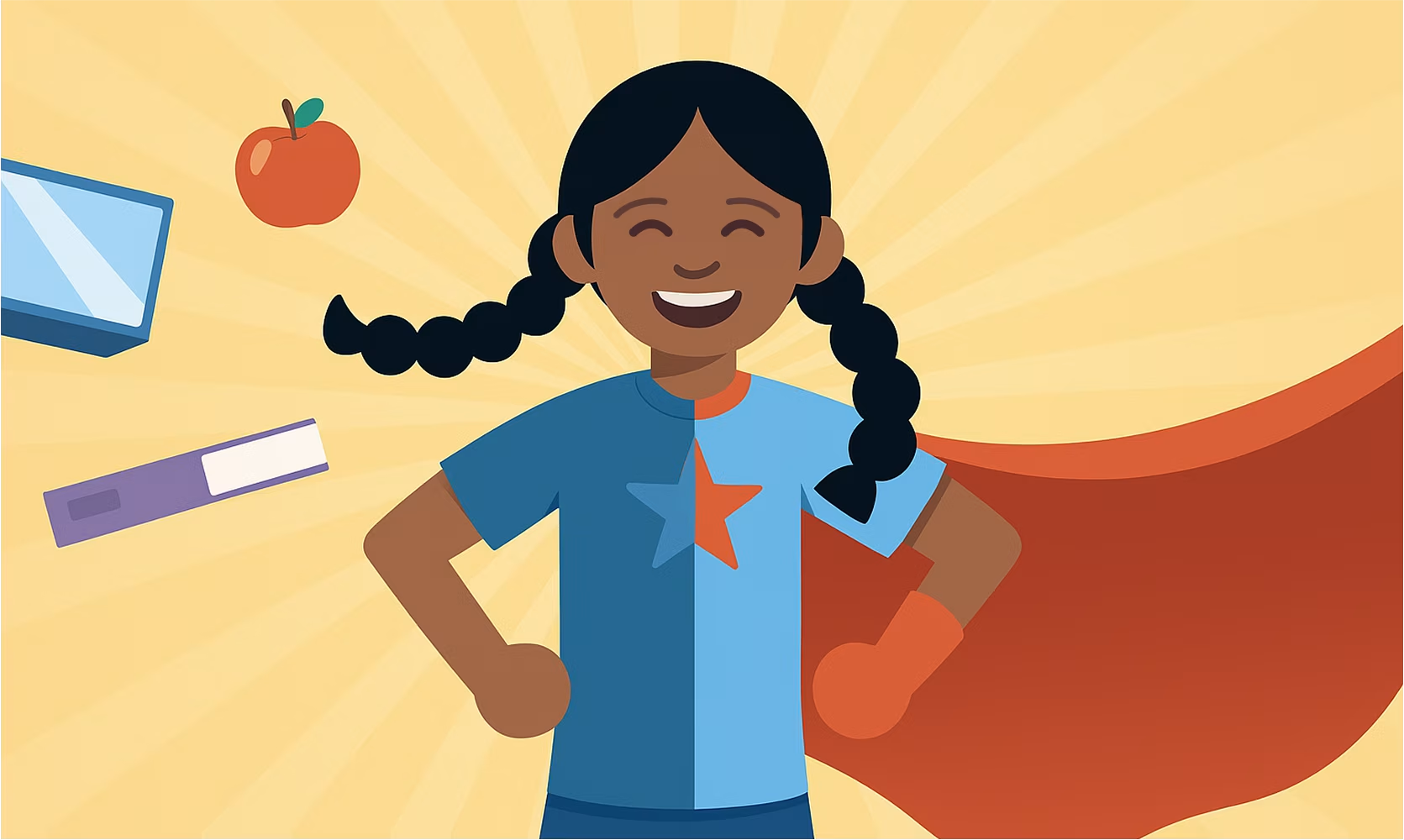
Flexible, high-quality training that helps build confidence and equips teachers to effectively teach computer science with our curriculum.
Hour of AI
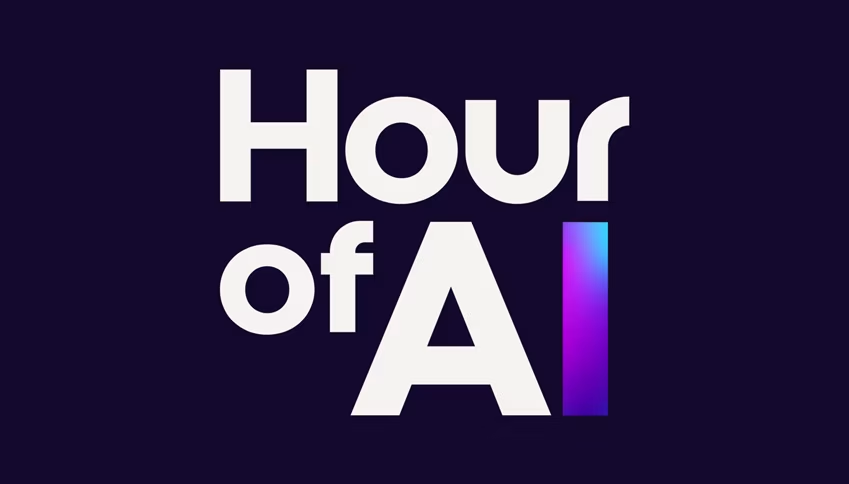
Looking for more short-form activities and resources for all age levels? Explore our library of Hour of AI activities and tutorials!